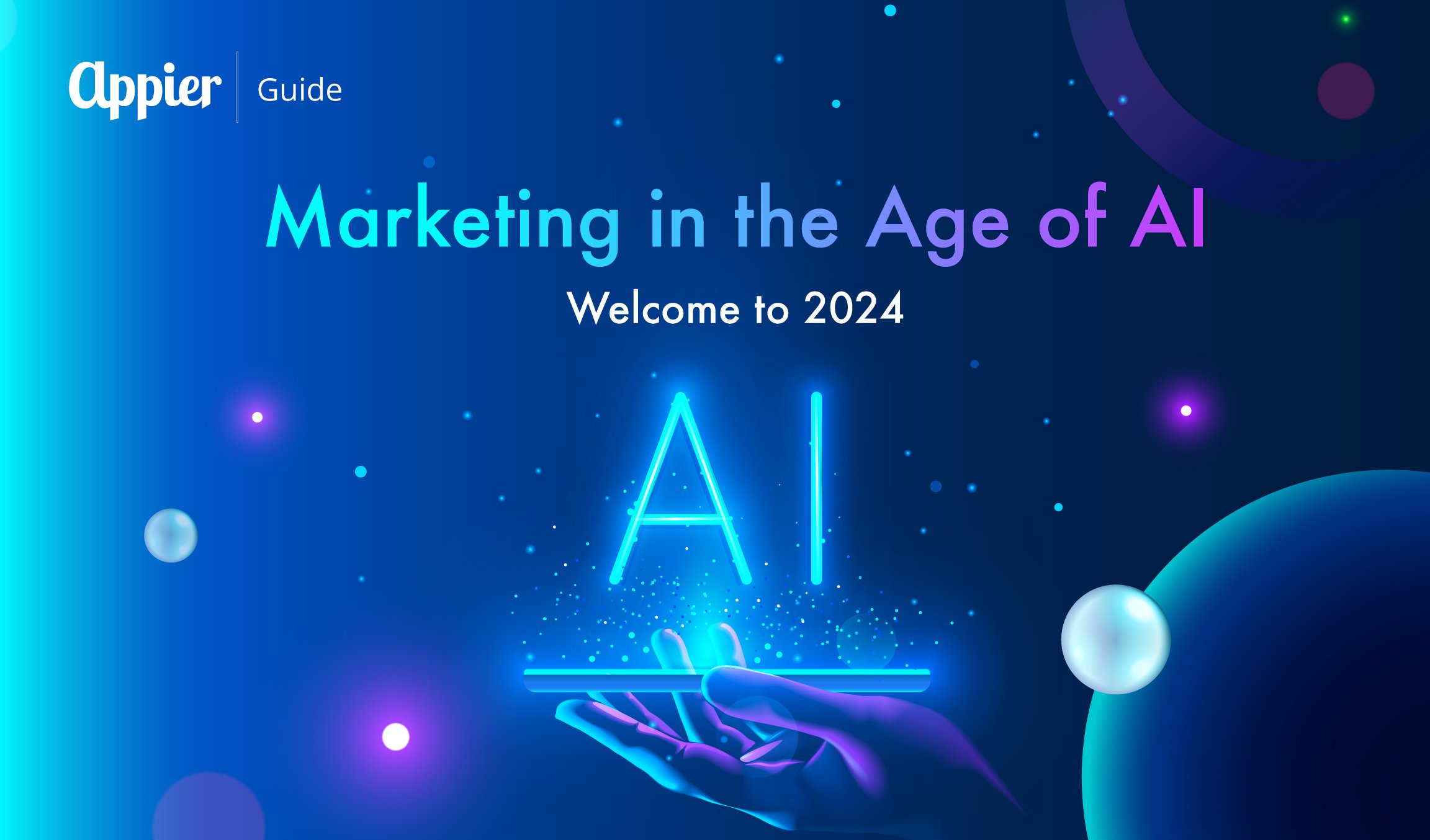3 min read
What is Search Engine Marketing (SEM)?
In today's digital landscape, having a strong online presence is crucial for businesses of all sizes. One of the most effective ways to achieve this is through Search Engine Marketing (SEM).
This powerful digital marketing strategy helps increase a website's visibility in search engine results pages (SERPs), driving more traffic and potential customers to your site.
What is SEM?
Search Engine Marketing is a method of promoting websites by increasing their visibility in search engine results through paid advertising. It typically involves using paid search advertising campaigns, such as Google Ads, to display ads at the top or bottom of search engine results pages. These ads are triggered by specific keywords related to the products, services, or content being offered.
How SEM Works
SEM operates on a pay-per-click (PPC) model, where advertisers bid on keywords that users might enter when searching for certain products or services. When a user's search query matches these keywords, the advertiser's ad may appear in the sponsored section of the search results.
The key components of an effective SEM strategy include:
- Keyword research and selection
- Ad creation and optimization
- Bid management
- Landing page optimization
- Performance tracking and analysis
Benefits of SEM
Implementing a well-crafted SEM strategy can offer numerous advantages for businesses:
- Immediate visibility: Unlike SEO, which can take time to show results, SEM can provide instant visibility for your website.
- Targeted advertising: SEM allows you to reach your specific target audience based on factors like location, device, and search intent.
- Measurable results: With SEM, you can track various metrics such as clicks, impressions, and conversions, allowing for data-driven decision-making.
- Budget control: You have full control over your advertising spend, setting daily or monthly budgets as needed.
- Brand awareness: Even if users don't click on your ads, seeing your brand name in search results can increase brand recognition.
SEM vs. SEO
While SEM and SEO (Search Engine Optimization) are often confused, they are distinct strategies with different approaches:
- SEM involves paid advertising to appear in search results.
- SEO focuses on optimizing website content and structure to rank higher in organic search results.
Both strategies can be used together for a comprehensive search marketing approach, maximizing your online visibility and reaching a wider audience.
Conclusion
Search Engine Marketing is a powerful tool for businesses looking to increase their online visibility and drive targeted traffic to their websites. By leveraging paid advertising in search results, companies can quickly reach their target audience and achieve their marketing goals.
As the digital landscape continues to evolve, SEM remains an essential component of a well-rounded online marketing strategy.
Appier: Making AI easy by making software intelligent
Appier is a leader in AI-powered full-funnel marketing solutions, offering a comprehensive suite of tools designed to optimize every stage of the customer journey.
As of 2024, Appier serves more than 1,700 customers globally, spanning various industries from finance to retail. The company's impressive client roster includes renowned brands such as Pizza Hut, Burger King, Clarins, Carrefour, Toyota, and BMW.
%20(41).png?width=1200&height=630&name=BLOG_Banner%20(Naomi)%20(41).png)
%20(27).png?width=1200&height=630&name=BLOG_Banner%20(Naomi)%20(27).png)

